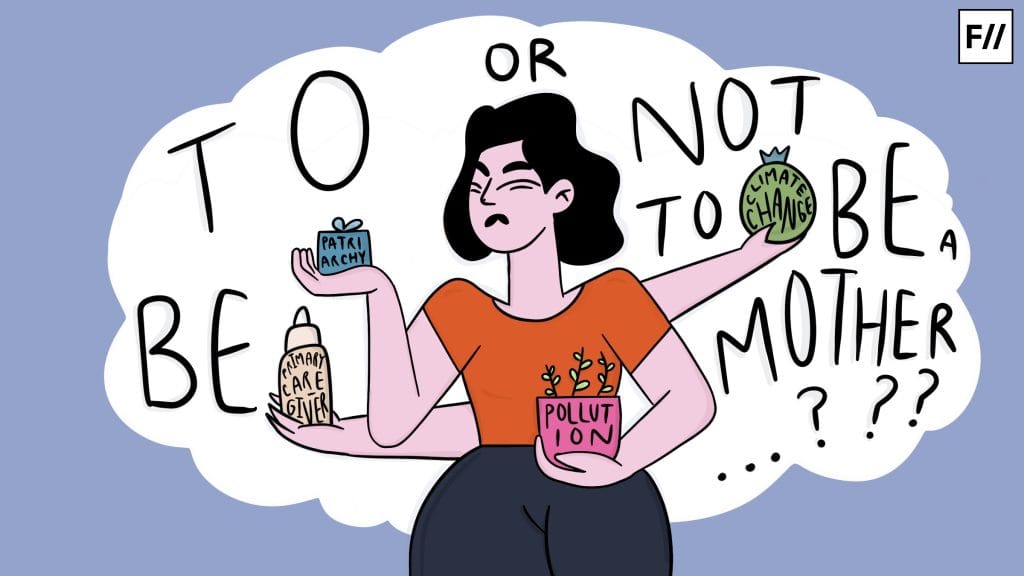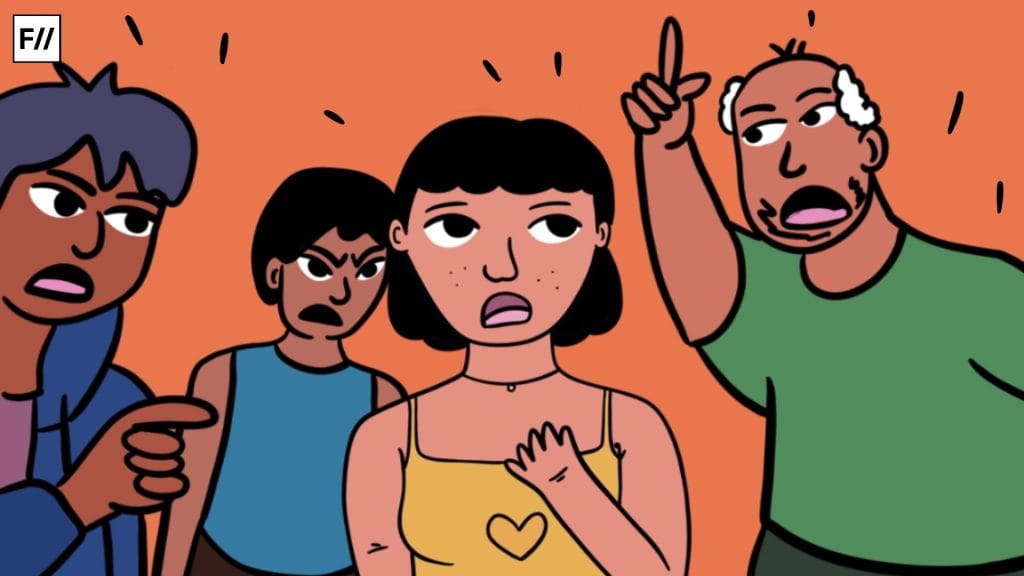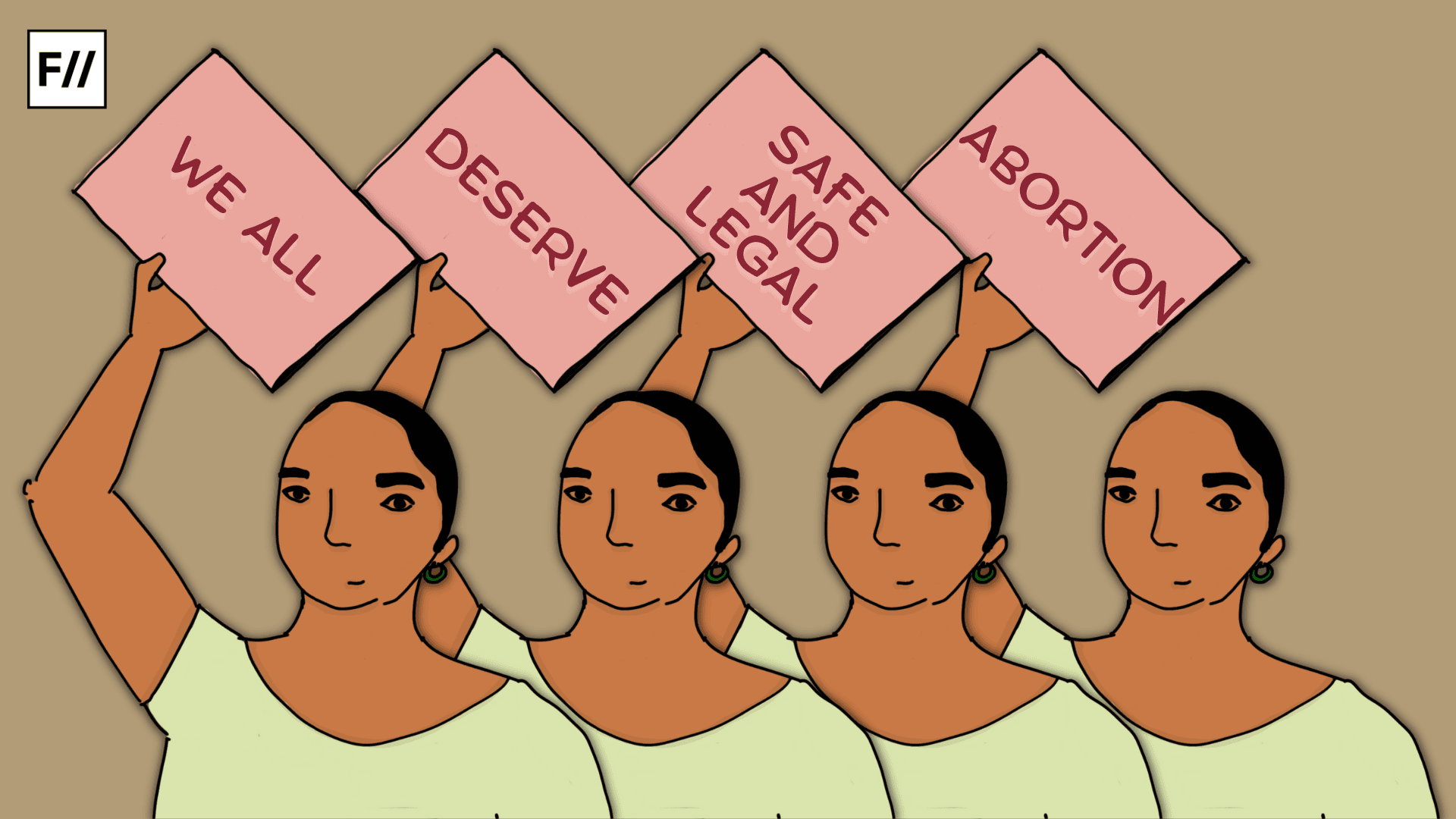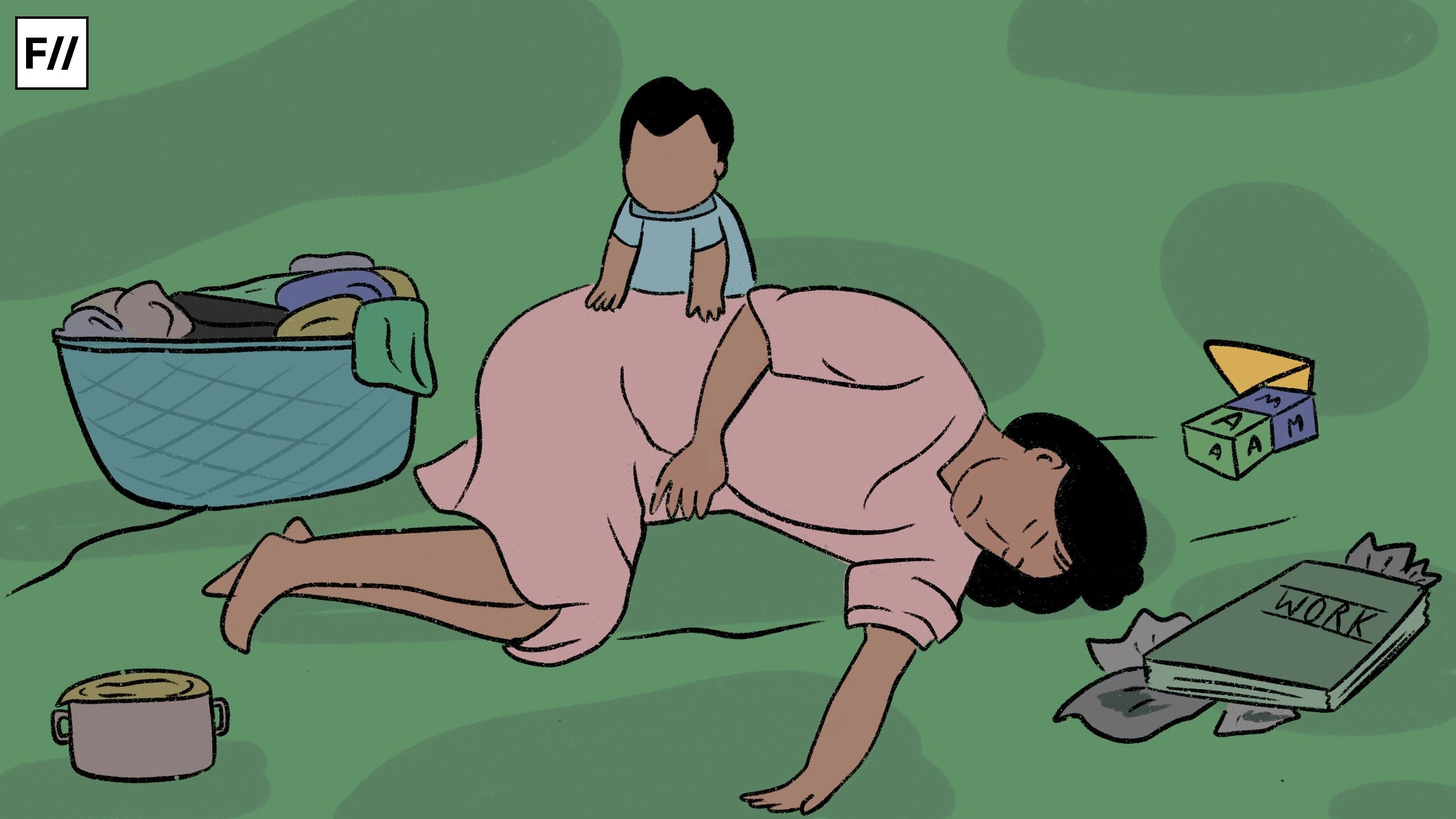In today’s world where increasingly right-wing or conservative governments are coming to power, women’s access to reproductive and sexual rights is shrinking every day. With Donald Trump coming to power as the President of the United States of America for his second term, the global gag rule (which prohibits foreign nongovernmental organisations (NGOs) who receive U.S. global health assistance from providing legal abortions and also bars advocacy for abortion law reform) is being reinstated now more than ever.
However, in India, which is one of the most densely populated countries in the world, abortion was legalised by the Medical Termination of Pregnancy (MTP) Act, 1971, which has undergone several progressive amendments in the subsequent years. Under this law, a woman can choose to abort the foetus up to 20 weeks, and up to 24 weeks if the pregnancy can worsen her physical or mental health or when it is the result of a contraceptive failure in the case of a married woman, or when it has been caused by rape or when the foetus is likely to be born with physical or mental disabilities.
As Indians may pride themselves on being legally ahead or more progressive in this regard than the USA or many other advanced nations, it is pertinent to note that women in India still lack access to a safe abortion pragmatically. Despite having the legal means, they barely possess the power of decision-making in this subject, or in other words, autonomy over their bodies.
Social stigmas stand as a key hindrance to safe access to abortion. There may be multiple reasons, including ones that are individual to the woman, that may be the cause for her to desire an abortion. Yet issues in the social and systematic structure, she encounters some obstacles to the safe abortion that she rightfully deserves. Besides that, there is also the factor of an urban-rural divide that comes up in this context.
Lack of authority of women to use contraception
The use of contraception in India attracts several issues, especially from the watchdogs of patriarchal customs. There are many stigmas attached to the use of contraceptive practices prevailing in the subcontinent. It is quite common for women in rural areas to be kept unaware of healthy contraceptive practices by their husbands or other family members so that she does not raise this issue. In many studies, it has been found that the husband abstains from the use of contraceptive means during sexual intercourse as it hinders him from experiencing pleasure.

Also, according to the Abortion Assessment Project-India (AAP-I) that began in August 2000, most respondents knew sterilisation to avoid unwanted pregnancies and they also knew about reversible methods of contraception such as condoms, oral pills and Intrauterine Devices (IUD) to prevent conception. However, fear of adverse impacts on health, pain, irregular supply and especially obtaining permission from husbands hinders them. Many respondents believed that abortion was a safer option than using condoms or IUDs. Thus, women in India face much resistance from their partners in this regard.
Also, the societal expectation to have children, especially sons, is another reason that obstructs it. In several instances, it is often noted in studies that when the husband is drunk, he generally refuses to agree to use a condom. And when the wife does not cooperate, they are often physically beaten and abused.
Common reasons for women desiring abortion
One of the most common reasons for which women seek abortion is to restrict their family size. The issue of overpopulation, a large family and limited financial resources often prompts women to go for abortion when they conceive after having given birth to a desired number of children. They also wish to choose this medium to increase the time frame between the two births.
Health problems are another concern. Another chief issue that is quite common is the social and cultural preference in India for a male child. As per AAP-I, most women were more aware of the Pre-Conception and Pre-Natal Diagnostic Techniques Act (PCPNDT), 1994 rather than the MTP Act of 1971. Despite knowing that sex-selective abortion is illegal, they responded about how they approach myriad facilities to learn about the sex of the foetus and expressed their helplessness as their status in their family and sometimes even the survival of their marriages depended upon giving birth to sons. Also, abortion among unmarried adolescents is highly prevalent in India.
Social stigmas prevent women from accessing safe abortions
When it comes to discussing the autonomy that women have over their bodies in the context of access to safe abortion, it is crucial to note the rigid social stigmas and customs that dominate the scene. Religious beliefs, societal norms and political discourse portray abortion as morally wrong or against the “natural order” of motherhood. Thus, it is common for women to experience psychological discomfort if they are seeking or have sought an abortion. Women find it difficult to discuss this with others for fear of judgement. The stigmas generally vary across circumstances.

In the cases of married women, they may be considered unfaithful to their husbands and family. As for unmarried women, they encounter difficulties in opening up about their pregnancy to their parents or family due to the stigmas attached to non-marital sex and pregnancy in India.
When it comes to the medical facilities required to access a safe abortion in India, there are several factors associated with this. Abortion services are provided in public and private sector healthcare institutions as well as by certified abortion providers. However, the urban-rural divide in this context is very high, which interferes with women from different socio-economic classes having access to or being able to afford a safe abortion. In public sector clinics, it is observed that many of the abortion providers lack proper professional training. So, because of their inefficiency and also because of the irregularity of abortion services especially in rural areas, women often resort to seeking services from unauthorised professionals like midwives. As for the private hospitals and clinics, they often charge exorbitant fees.
An abortion provider’s attitude towards married and unmarried women seeking abortion heavily influences their decision to provide the service.
Abortion charges depend on a variety of factors, such as a woman’s age, marital status, socio-economic background, gestational age of the pregnancy, location of the clinic etc. Unmarried adolescents in India have to face immense policing from society, as the topic of sex among the unmarried is still taboo in India. For this reason, they often resort to unsafe methods of abortion. An abortion provider’s attitude towards married and unmarried women seeking abortion heavily influences their decision to provide the service. Even though the husband or a guardian’s consent is not required to access an abortion, in many cases, a woman who visits the clinic alone is denied the service.
We can thus observe how frail the autonomy that women in India have over their bodies is. Despite abortion being a legal medical practice in India, safe abortion is beyond the access of most Indian women as social stigmas, customs, conservative attitudes and mores prevent them from being vocal about it.
Sex education and counselling to enhance women’s access to abortion
A very effective tool that can be implemented to avoid unwanted pregnancies and to ensure proper access of women to safe abortion practices is the dissemination of sex education and counselling among the less-educated and lesser-aware population. Sex education can play a very important role by encouraging society to be more vocal about sexuality and reproductive rights. The hush factor can be hushed by employing sex education in awareness campaigns, especially in rural areas.
Soham Sadhukhan, an undergraduate student of Pharmacology at Hemvati Nandan Bahugana Garhwal University, Uttarakhand, says, ‘Sex education is the compass guiding us through the labyrinth of reproductive choices. In a society where the scales tip towards sons, ignorance fuels the perilous path of unsafe abortions and often sex-selective abortions. We need to illuminate minds with knowledge by integrating sex education into the curriculum of schools and training healthcare professionals to offer unbiased, accurate information on this subject. Fostering open dialogue in communities not only safeguards women’s health but also steers society towards gender equality.’
Contraceptive counselling and counselling about family planning can help society to go a long way ahead. Although many NGOs and district hospitals conduct such programs, there is however not much regularity in the dispensation of the same. Implementing these can undoubtedly enhance the autonomy that women in India have over their bodies and pave the way for them to make independent decisions concerning their health and well-being.




